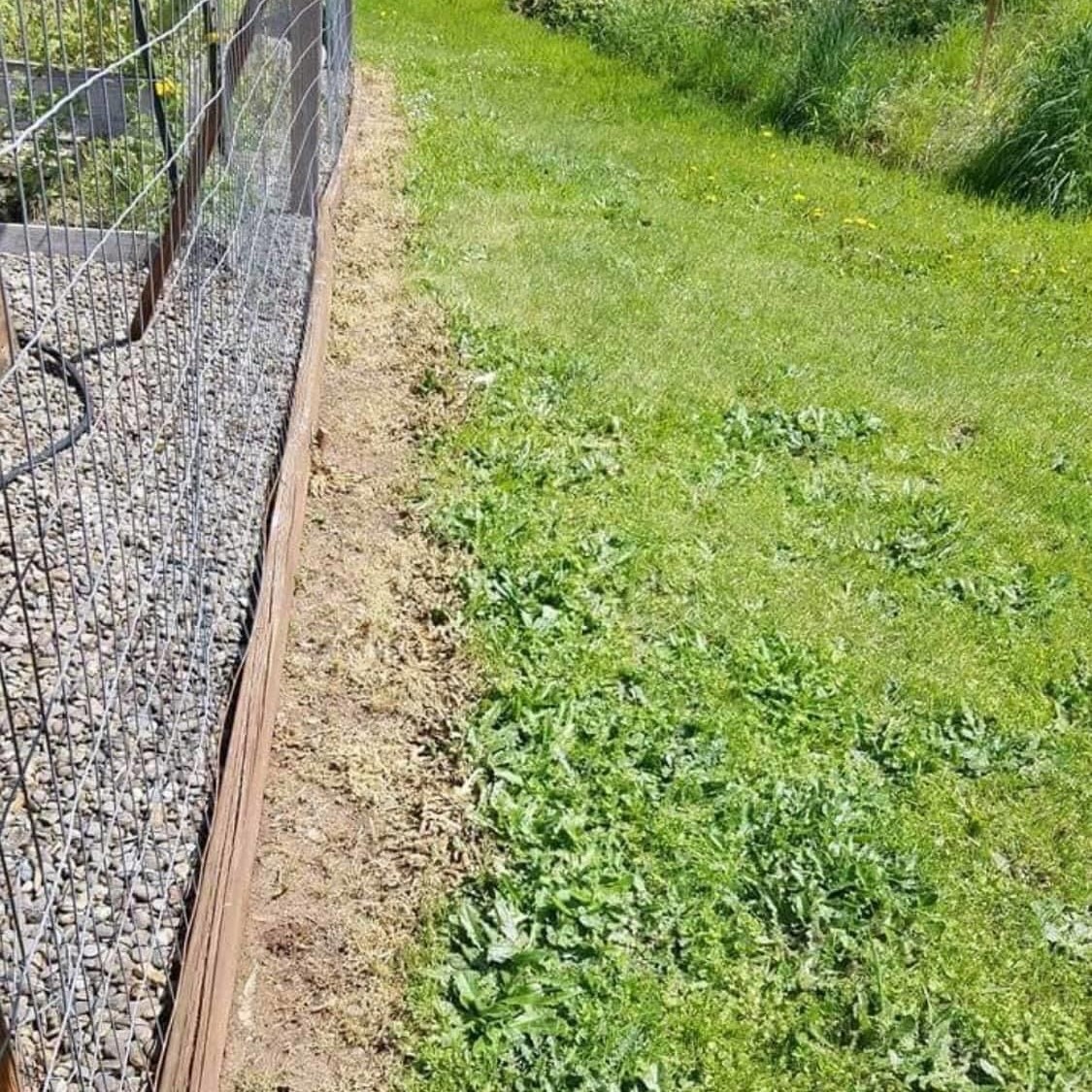How to Remove Weeds Out of Your Garden
Hand Weeding
You can get rid of garden weeds immediately by hand weeding. The best time to tackle weeds is right after a rain, when the soil is soft and the roots come out more easily.
Using a trowel or a weeder, grasp the weed at its base and pull gently to remove the entire root-this is crucial because any leftover root can quickly sprout new growth. In addition, you can establish a regular schedule to stay on top of it.
Using Natural Detergent
I’ve tried a natural detergent and found it surprisingly effective. A simple mixture of vinegar, salt, and dish soap can do wonders. I mix one gallon of white vinegar with one cup of salt and a tablespoon of dish soap, then spray it directly on the weeds.
The vinegar and salt dehydrate the plants, while the soap helps the mixture stick to the leaves. This method works best on sunny days, as the heat enhances the mixture’s effectiveness.
Using Herbicides
If you’ve tried natural methods and found them not effective, using herbicides can be a viable solution. There are two main types: selective herbicides, which target specific weeds, and non-selective herbicides, which kill all plants they come into contact with.
You should remember to follow the label instructions carefully, applying the herbicide at the right time and in the right dosage.
How to Keep Weeds Out Of Your Garden
#1. Mulching
Mulching creates a barrier that blocks sunlight, inhibiting the germination and growth of weed seeds. Additionally, organic mulch decomposes over time, enriching the soil with nutrients that strengthen garden plants, making it harder for weeds to compete.
When using mulch for your garden, you can consider four main types:
- Dead Leaves: You should collect fallen leaves in the fall, chop them up, and use them as mulch around your plants. Over time, they break down into nutrient-rich leaf mold, which enhances soil fertility.
- Straw: Straw is made from dried cereal plant stalks, it is excellent for mulching because it contains fewer seeds than hay. Spread a thick layer around your plants to prevent weeds and retain moisture. Straw slowly decomposes, adding organic matter and nutrients to the soil.
- Grass Clippings: These clippings are a free and effective mulching option if you have a lawn. Ensure they are dried before use and avoid those treated with “weed and feed” products. Grass clippings break down quickly, providing a good source of nitrogen.
- Black Plastic: For a tidy garden look, black plastic mulch is effective in suppressing weeds. Cut it to fit your garden rows, ensuring you leave enough space around plants for water and air circulation.
Remember to spread mulch to a depth of 2-3 inches around your plants, being careful not to pile it against plant stems to prevent rot. Reapply mulch as needed, especially after heavy rains or as it decomposes.
SEE NEXT PAGE
ADVERTISEMENT

